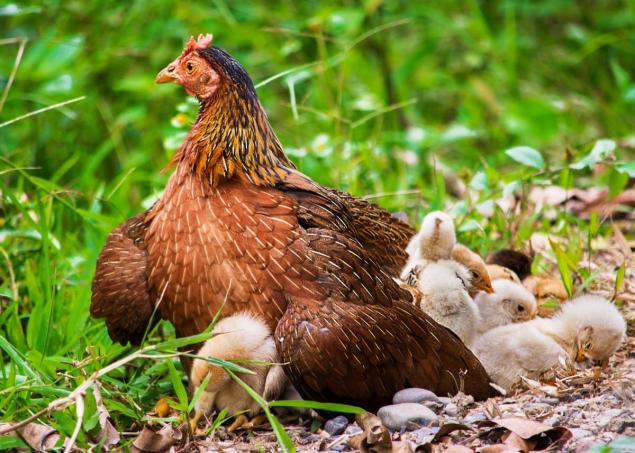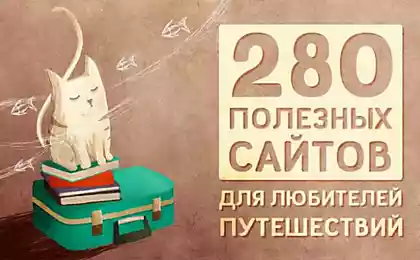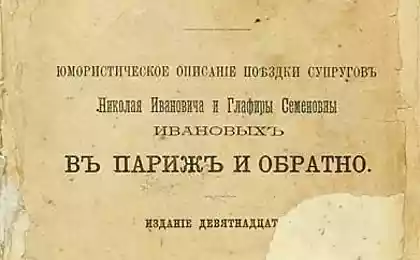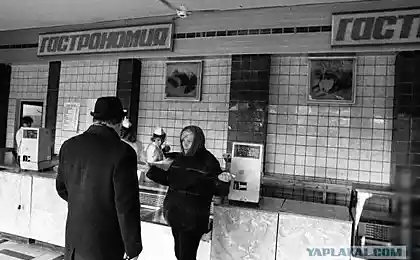228
Our words that cannot be spoken while abroad
What words are banned in other countries? These words can be familiar to everyone. And do not carry any offensive or provocative subtext. But if you pronounce a certain word in a country where it has a completely different interpretation, you can find yourself in a rather comical or even problematic situation. So what are those words?

If you find a cute cat in Tunisia, Algeria, Egypt or Morocco, then do not rush to call it the usual “kis-kis-kis”. In these countries, such an attack can be regarded as flattery towards women. As you can see, it's better not to risk it. And for a successful transition to the local cat, it is better to use "push-push-push".

In the former Yugoslavia, you need to be especially careful with the word “chicken”. There it can mean the main physiological difference between male and female. I think everyone understands what this is about. To mention a real chicken in a conversation, it is better to say “pile”.

Short "che" simply unacceptable use in Vietnam. There it can be regarded as an attempt to send a person away and not only. Moreover, this expression can be interpreted as an insulting name-calling. Be very careful.

In Hungary, it is better not to mention the word “pool”. It has its own analogue, medense. But the "pool" sounds like, frankly, profanity. In order not to be mistaken for an unbred person, it is better to replace the “pool” with “water” or “water”. Hungarians have no complaints about these words.

The Turkish people may not understand you if they hear the word "mess." You seem to want to talk about the fact that, for example, the room is messy, not cleaned, dirty. But the Turks will hear you talking about a glass. This is how the word can be interpreted.

You know, What words are forbidden Vietnam, Thailand and Greece? Douma and colossus. What does this have to do with these completely harmless words? So the "duma" can be explained as various bed pleasures using additional equipment. But the “colos” can denote the fifth point of the body of each person.
On the territory of many Eastern countries, even the word "space" may be lowbrow. “Kos” is quite similar to the same “kis-kis”, and “mos” only aggravates the situation. This word can be regarded as a very indecent attack.
Do not rush to call figs figs figs in Italy or Spain. The word means the physiological difference between men and women. And not quite literary. In general, a rather harsh and indecent word.
And Korea should be. particularly careful with the usual "thank you." It is better to ask the locals and remember what this thank you statement sounds like in their native language. With the help of "thank you" there is a risk of sending Koreans on an extremely distant and unethical journey. Better not do that.

How do you like those words? Very unexpected, isn't it? Which of those things made you happy? Would you say any of these words in another country? Share your opinion in the comments.

If you find a cute cat in Tunisia, Algeria, Egypt or Morocco, then do not rush to call it the usual “kis-kis-kis”. In these countries, such an attack can be regarded as flattery towards women. As you can see, it's better not to risk it. And for a successful transition to the local cat, it is better to use "push-push-push".

In the former Yugoslavia, you need to be especially careful with the word “chicken”. There it can mean the main physiological difference between male and female. I think everyone understands what this is about. To mention a real chicken in a conversation, it is better to say “pile”.

Short "che" simply unacceptable use in Vietnam. There it can be regarded as an attempt to send a person away and not only. Moreover, this expression can be interpreted as an insulting name-calling. Be very careful.

In Hungary, it is better not to mention the word “pool”. It has its own analogue, medense. But the "pool" sounds like, frankly, profanity. In order not to be mistaken for an unbred person, it is better to replace the “pool” with “water” or “water”. Hungarians have no complaints about these words.

The Turkish people may not understand you if they hear the word "mess." You seem to want to talk about the fact that, for example, the room is messy, not cleaned, dirty. But the Turks will hear you talking about a glass. This is how the word can be interpreted.

You know, What words are forbidden Vietnam, Thailand and Greece? Douma and colossus. What does this have to do with these completely harmless words? So the "duma" can be explained as various bed pleasures using additional equipment. But the “colos” can denote the fifth point of the body of each person.
On the territory of many Eastern countries, even the word "space" may be lowbrow. “Kos” is quite similar to the same “kis-kis”, and “mos” only aggravates the situation. This word can be regarded as a very indecent attack.
Do not rush to call figs figs figs in Italy or Spain. The word means the physiological difference between men and women. And not quite literary. In general, a rather harsh and indecent word.
And Korea should be. particularly careful with the usual "thank you." It is better to ask the locals and remember what this thank you statement sounds like in their native language. With the help of "thank you" there is a risk of sending Koreans on an extremely distant and unethical journey. Better not do that.

How do you like those words? Very unexpected, isn't it? Which of those things made you happy? Would you say any of these words in another country? Share your opinion in the comments.
Why I don't believe in accidental pregnancy these days
How naive I was when I moved from town to country when the pandemic started.























